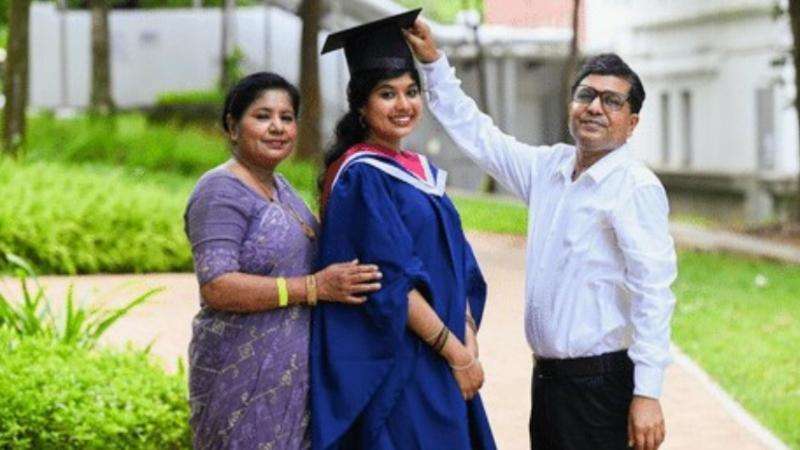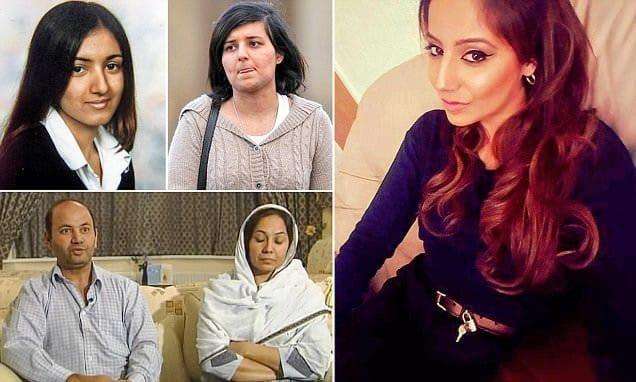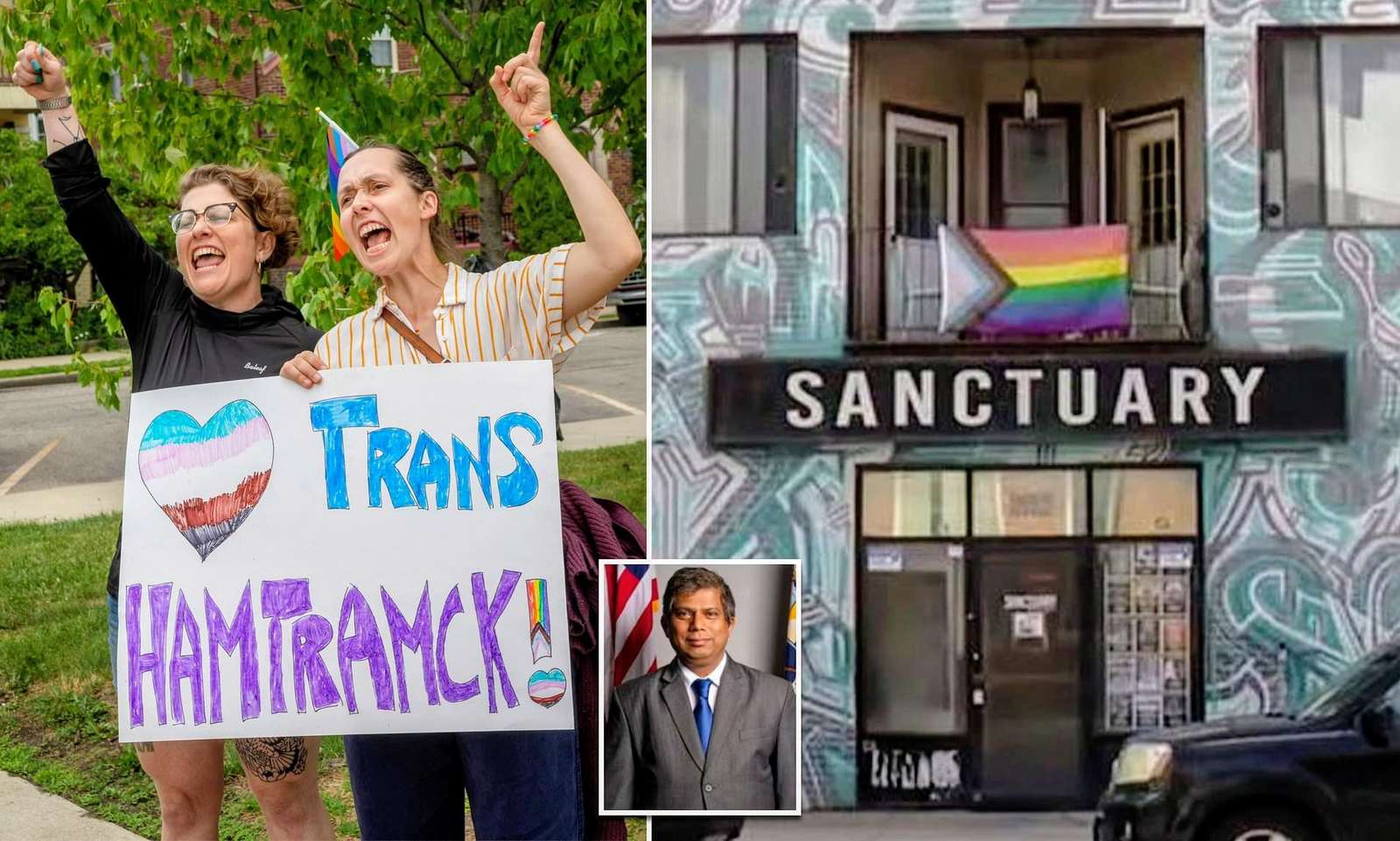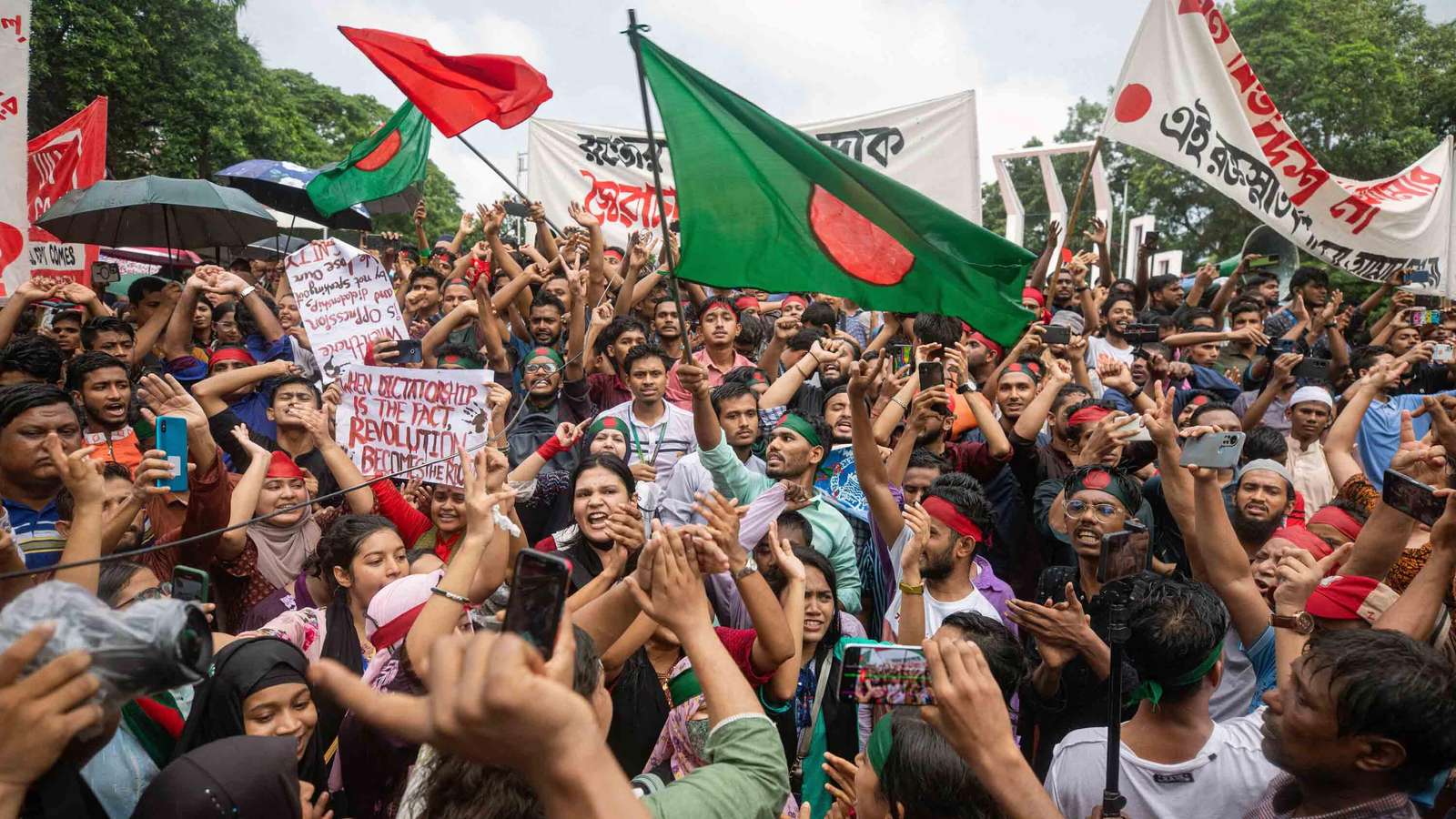A 22-year-old student from Rafah, Gaza, is facing an impossible choice: cling to a scholarship from a prestigious UK university or remain trapped in a war-torn homeland that has already claimed her family's home, belongings, and university campus. With the academic year rapidly approaching, her journey to study pharmacy at the University of Manchester, and her twin sister's to study aerospace engineering at the University of Bristol, is blocked by a devastating combination of closed borders, destroyed infrastructure, and bureaucratic hurdles.
The conflict in Gaza has not only decimated the physical landscape but has also erased the educational opportunities for an entire generation. Dalya's university, Al-Azhar, was completely destroyed, along with countless personal possessions. "We lost access to education overnight," she shared with the PA news agency. Despite this immense loss, she and her sister, Dalal, refused to "let go of our dreams," applying to UK universities as a lifeline to a future beyond the conflict.
The path forward, however, is fraught with challenges. Both sisters have been awarded full scholarships, but they cannot secure the necessary visas to travel. A key requirement for their UK visa applications is the submission of biometric data, a process that is now impossible for them to complete. The UK-authorized biometrics center in Gaza closed in October 2023, and travel to a center in a neighboring country is not an option due to the closure of borders and crossings.
As Dalya and her family are displaced for the 11th time and now live in a tent in Al-Mawasi, the reality of life in Gaza is a "living nightmare." She describes children searching for "water and bread, not toys or books," and a scarcity of basic essentials that has made true hunger a daily reality. Medicines and healthcare are either unavailable or unaffordable, turning simple illnesses into life-threatening situations. The family has also endured terrifying moments, including a recent instance where they fled shelling under fire, and bullets pierced their tent.
Amidst this immense suffering, there is a glimmer of political hope. Sir Keir Starmer, the UK's Labour Party leader, recently announced that the UK could recognize a Palestinian state in September. This move, however, is contingent on Israel allowing more aid into Gaza, ceasing land annexation in the West Bank, agreeing to a ceasefire, and committing to a long-term peace process. Dalya views this as an "important step" but stresses that recognition should be a moral obligation, not a "bargaining tool." "What matters most now is action," she stated, urging the international community to push for an immediate end to the conflict and not to "turn away" from the suffering.
Campaigners and MPs, including Labour MP Abtisam Mohamed, are now calling on the UK Government to grant a biometrics deferral for the students and assist them in finding a safe route to a third country to complete their visa applications. Mohamed highlighted that other European countries like Ireland, France, and Belgium have already taken action to help their students reach safety, while the UK has not. "This is not hypothetical, some of these students have already been killed while waiting and others remain in constant danger," she warned.
A Government spokesperson has stated that they are "aware of the students and are considering the request for support." For Dalya, her hope remains unwavering. Despite everything, she and her family "cling to our humanity, to our stories, and to the belief that our voices still matter."




_3.jpg)


_1.jpg)
.svg)


.jpg)
_2.jpg)